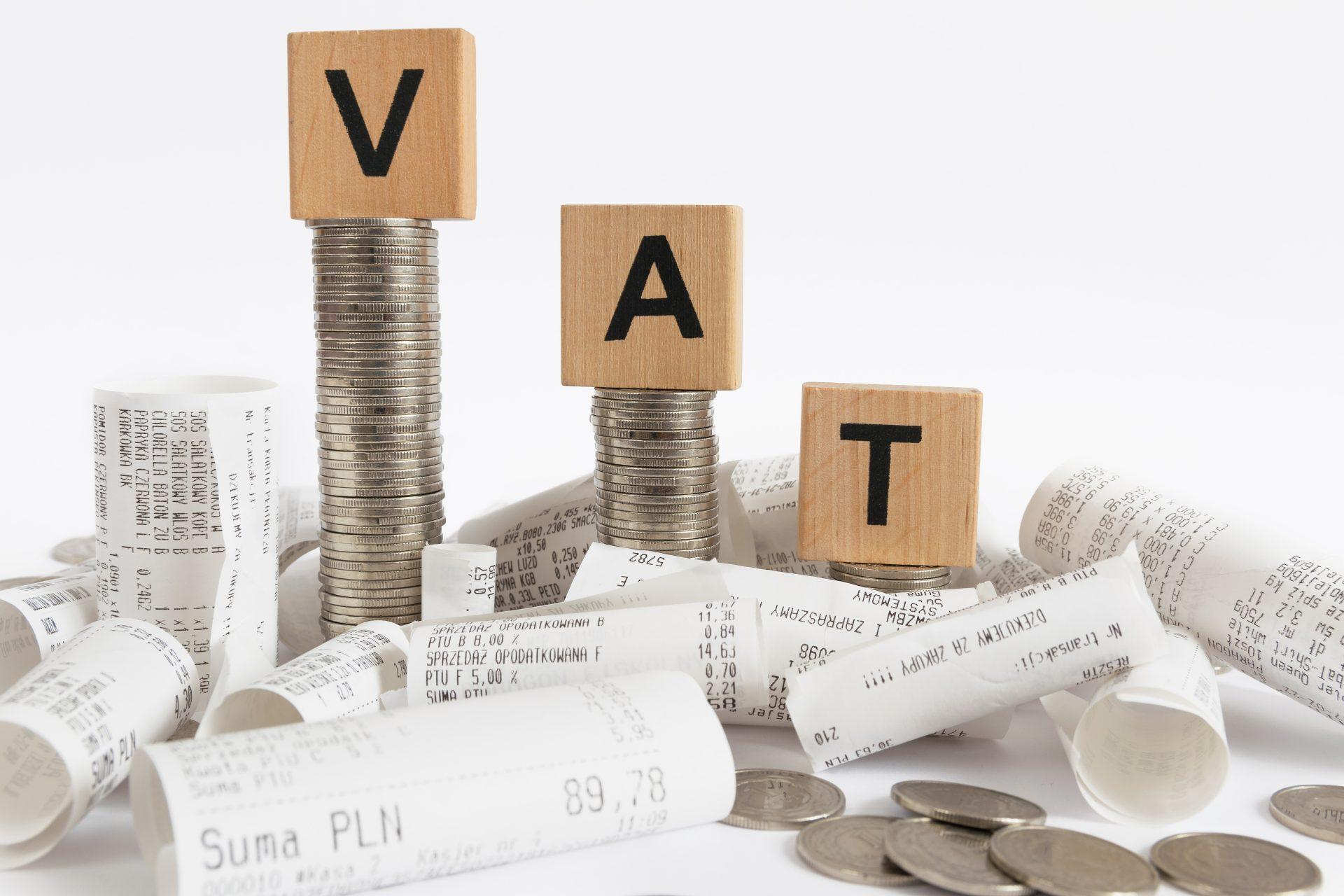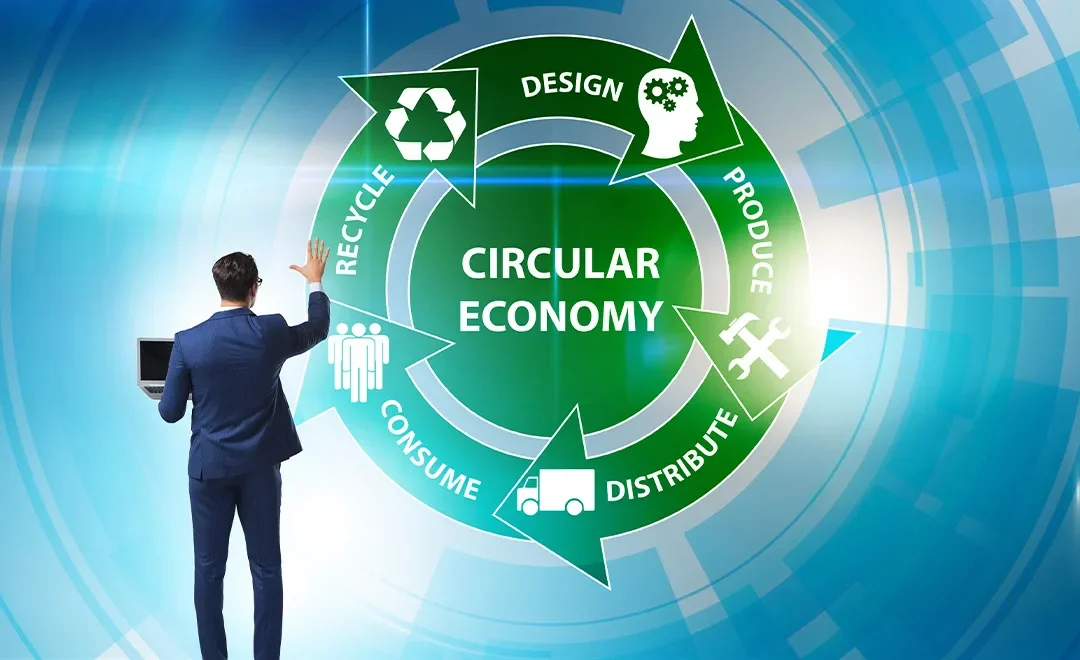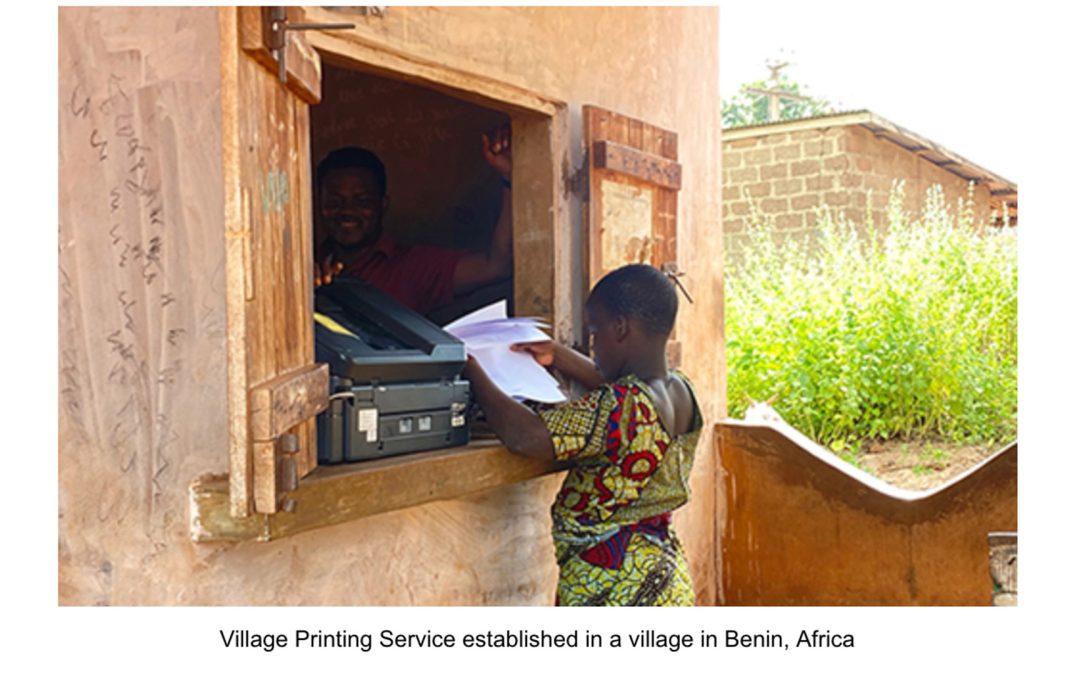The EU’s ambitious VAT reform aims to modernise tax reporting, simplify cross-border transactions, and reduce fraud on imports.
The EU’s tax system, the European Economic and Financial Affairs Council reached an agreement on the “VAT in the Digital Age” (ViDA) package on 5 November 2024. The reform aims to create a streamlined, digital-first VAT framework across all member states, targeting both compliance improvements and reduced opportunities for tax evasion, particularly in the realm of cross-border transactions.
The ViDA package contains three core elements: mandatory digital reporting, targeted platform economy regulations, and a one-stop VAT registration system. Together, these changes are expected to help tackle VAT fraud while also promoting a more resilient VAT system that can keep pace with digitalisation and the complexities of the single market.
Under the new digital reporting requirements, all cross-border business-to-business transactions will need to be reported digitally across the EU by 1 January 2028. This harmonised digital reporting and mandatory e-invoicing will replace varied national reporting systems with a standardised approach, allowing tax authorities greater transparency and oversight on VAT collection.
 By shifting to a real-time reporting framework, the EU expects to reduce opportunities for underreporting and other forms of VAT evasion that are difficult to track under current, less integrated systems. Businesses will face upfront compliance costs but are anticipated to benefit in the long term from reduced administrative burdens as reporting aligns across borders.
By shifting to a real-time reporting framework, the EU expects to reduce opportunities for underreporting and other forms of VAT evasion that are difficult to track under current, less integrated systems. Businesses will face upfront compliance costs but are anticipated to benefit in the long term from reduced administrative burdens as reporting aligns across borders.
The second pillar focuses on digital platforms. Set to take effect on 1 July 2025, this provision will require platforms that facilitate transactions, particularly in short-term accommodation and passenger transport, to collect and remit VAT on behalf of users. The aim is to create a level playing field by ensuring that these digital businesses adhere to the same VAT rules as traditional service providers, addressing discrepancies that have led to competitive imbalances.
The one-stop-shop (OSS) expansion, scheduled for 1 January 2026, will simplify VAT compliance for businesses operating across multiple EU member states. By allowing companies to register for VAT once for all countries in the EU, the OSS eliminates the need for multiple registrations and reduces compliance complexity for firms engaged in cross-border trade. This change is expected to have a particularly positive impact on the office imaging and tech sectors, which frequently involve cross-border shipments and complex VAT filing.
The phased implementation of ViDA provides a structured approach for businesses to adjust to the new rules, with ample time for tax authorities and companies to adapt their reporting systems.
The office imaging sector, which has seen growth in cross-border imports and exports, will need to assess its systems and ensure compliance with the incoming standards. The single VAT registration will also help level the playing field, reducing advantages that have previously enabled some importers to evade VAT obligations.
With ViDA, the EU is aiming to future-proof its tax system by addressing the intricacies of a digital-first economy while reducing VAT fraud. The reforms mark a substantial move toward a more equitable VAT landscape, especially for industries operating at scale across the EU.























